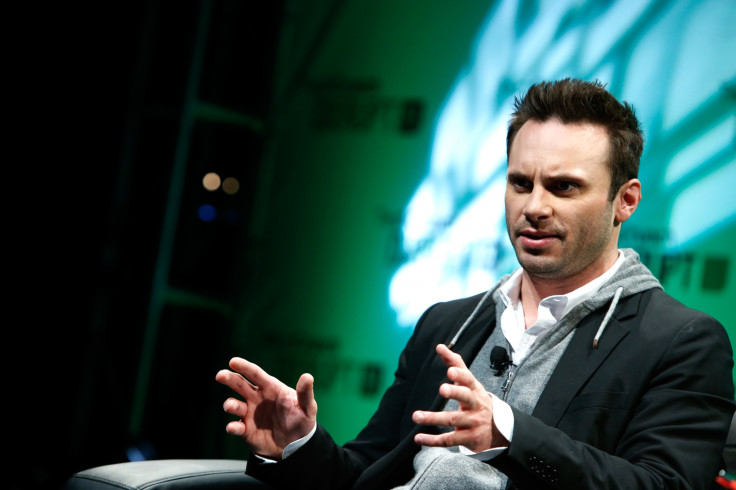Hacker takes over Oculus CEO Brendan Iribe's Twitter account, announces himself as CEO
The Oculus boss is the latest victim in a long line of tech bosses who have had their social media accounts hijacked.

Brendan Iribe, CEO of Facebook-owned virtual reality company Oculus, has become the latest victim in a long line of tech moguls who have had their social media accounts hacked over the past few weeks. The hacker, who took over Iribe's account on 29 June, used the platform to announce himself as the company's new CEO saying: "We here @Oculus are very excited to announce our CEO. @Lid ! :)".
During the relatively brief hack, @Lid reportedly changed Iribe's biography to read, "hey its @Lid... im not testing ya security im just havin a laugh", referring to the long line of recent celebrity and tech boss Twitter hacks.
Tweeting to Iribe's 16,000 followers, the hacker went on to mock the tech boss for using the same password for four years.
"Imagine creating the coolest shit to ever be introduced to gaming and technology but using the same pass for 4 years lol... silly mr CEO!" the hacker tweeted.
The hacker also changed Iribe's cover photo and said he would only give the CEO his Twitter account back if he gets a free Oculus Rift.
"If Brendan wants his twitter back i want a free oculus rift so i watch porn the cool way," the hacker wrote.
TheHackersNews: #Oculus CEO's #Twitter gets Hacked; Hacker declares himself new CEO https://t.co/VX5z9IrEGr #hack… pic.twitter.com/afHz7Nx28a
— NGenCode (@ngencode) June 30, 2016
The hacker told TechCrunch that he was able to gain access to Iribe's password through last month's MySpace breach. He also claims that he could have gotten into the tech chief's email account as well if he did not have two-factor authentication enabled.
Iribe's Twitter account was reclaimed within a few hours and the hacker's tweets have since been removed. The account for @Lid has also been suspended.
The latest breach, however, does not seem to be from OurMine, the hacker group that claimed responsibility for the attacks on the social media accounts of Facebook's Mark Zuckerberg, Uber's Travis Kalanick, Google's Sundar Pichai and Twitter's Dick Costolo in recent weeks.
"We are just testing people security [sic], we never change their passwords, we did it because there is other hackers can hack them and change everything," the group told The Next Web.
The recent spree of account hijackings is believed to be the result of hackers sifting through and exploiting previous data dumps, including the mega-breaches at LinkedIn, MySpace and Tumblr that saw the release of millions of usernames and passwords.
"A number of other online services have seen millions of passwords stolen in the past several weeks, and we know far too many people use the same password for multiple things online," a Twitter spokesperson told the BBC earlier this month. "We recommend people use a unique, strong password for Twitter."
© Copyright IBTimes 2025. All rights reserved.





















